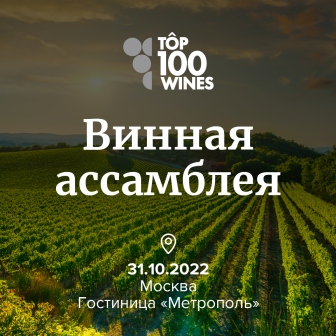A bit of theory

This is not yet fully understood dangerous disease of plants (in particular, vines), which is quite difficult to detect and contain. It can cause whole epidemics in the vineyards, or it can manifest itself to a greater or lesser extent from year to year. The disease is caused by microscopic organism – phytoplasma (or mycoplasma). It is somewhat similar to bacteria, but it has no cell wall. Phytoplasma can be parasitic and cause plant and even human diseases (for example, SARS). In vines, phytoplasmas cause diseases of the conductive tissue - phloem - responsible for transporting products of photosynthesis to parts of plants where this process does not occur (underground parts, flowers).

This little-known region of southwestern France, at the foothills of the Pyrenees, coincides geographically with Madiran, famous for its powerful wines. Pacherenc du Vic Bilh produces harmonious sweet wines and full-bodied and ripe dry wines with crispy acidity.

The composition of the wine will not always include just one grape variety. In most cases, this will be a composition of two, three, four, and sometimes more Vitis Vinifera. And this applies not only to red, but also to white wines. So, what is the interest for a winemaker to complicate his life and mix different varieties, while it is more simple to produce single-varietal cuvées? Let's find out in this article.

While everything is relatively clear with Burgundy and its four hierarchical levels of wine classification (see my article on Burgundy wines), the first encounter with classifications of Bordeaux wines can be quite confusing. The two parts of the Bordeaux region - the right bank and the left bank - have their own hierarchies, some of which differ in terminology and criteria, although their principle remains the same - to distinguish the best wines.






